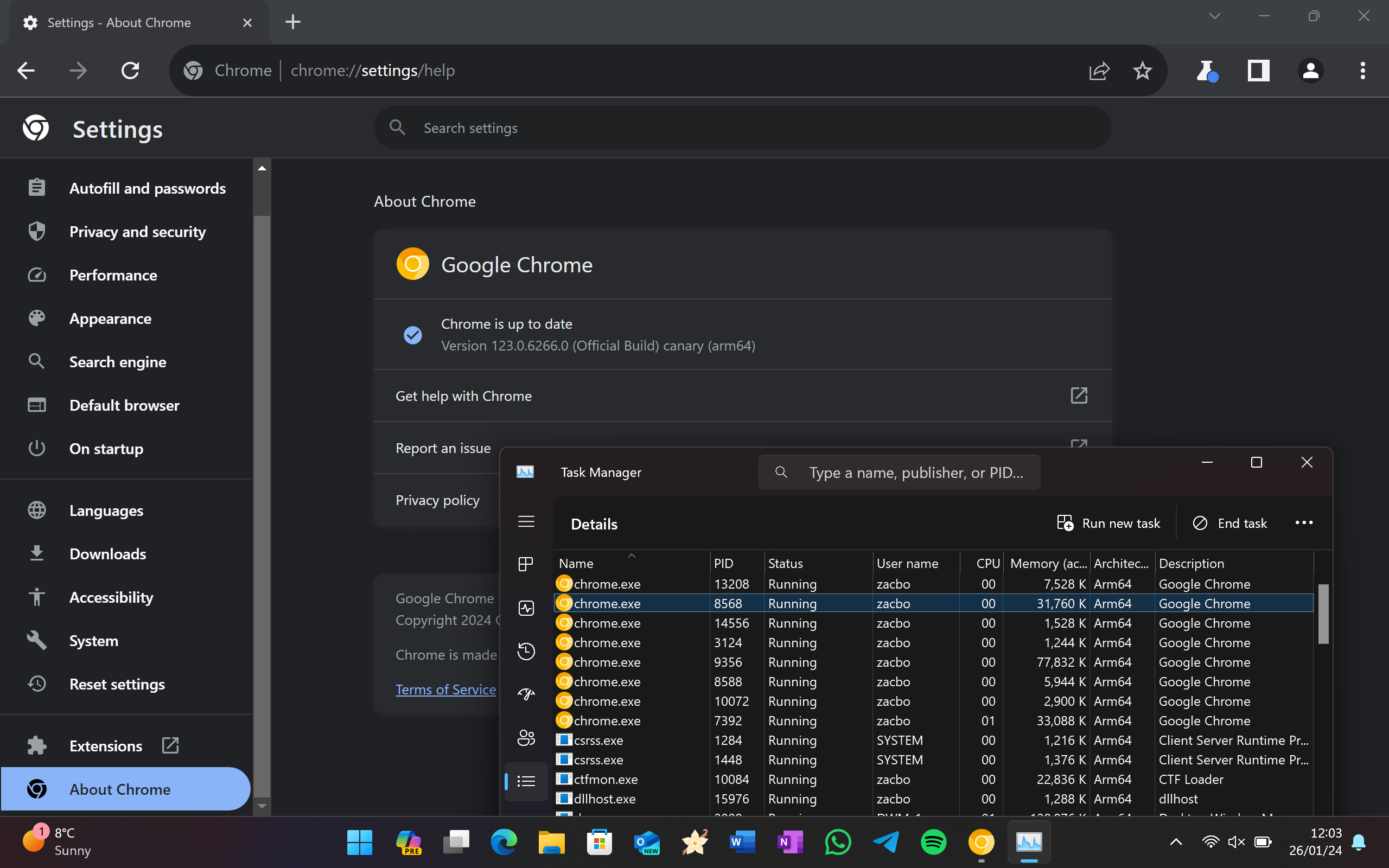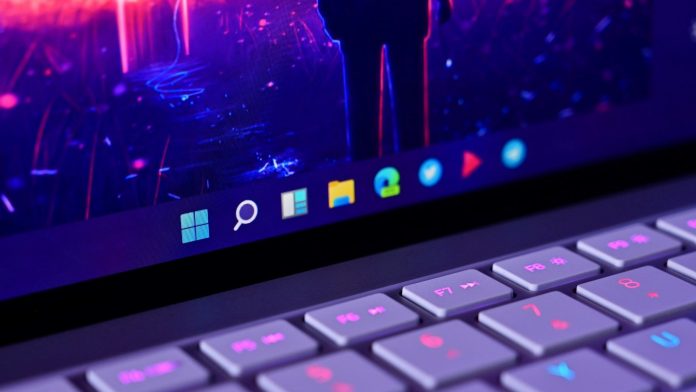Microsoft has published a new blog post detailing the progress that has been made when it comes to app developers supporting Windows 11 on Arm with natively compiled apps. Today, the company claims that 90% of the time on Arm-based PCs are now spent within natively compiled apps, a huge improvement over how things were just a few short years ago.
“The Arm app ecosystem continues to expand, with native Arm versions available for apps representing 90% of total user minutes, thus providing efficient, high-performance experiences across the scenarios that matter most to our customers” says Microsoft corporate vice president of customer experience engineering, Mike Adams.
Microsoft essentially rebooted Windows on Arm with the launch of Copilot+ PCs and Qualcomm’s Snapdragon X range of PC chips in May last year. All the major OEMs were onboard to ship new Arm-based PCs with Qualcomm’s new Snapdragon chips, with the promise that performance and efficiency was finally there and capable of competing with Apple Silicon.
That attempt to reboot Windows on Arm has seemingly been successful, as app developers across the ecosystem have finally taken the time to recompile their apps for the Arm architecture. Everything from small to major app developers have jumped on-board the Windows on Arm train, improving performance and efficiency of their apps for these Arm-based PCs.
Microsoft highlights several different categories of apps where developers have ported over to Arm, including VPN, productivity, creative, social, entertainment, and even endpoint protection and management tools.

Adobe is one of many app developers that are finally taking Windows on Arm seriously. Apps like Adobe Photoshop, Premiere Pro, and Audacity are now available to run natively on Arm, albeit in preview for some.
Here’s a list of just some of the apps Microsoft is highlighting as now natively compiled for Windows on Arm PCs:
- 7 Zip
- Google Drive
- Dropbox
- Trello
- Todoist
- Libre Office
- Adobe Creative Suite
- Camtasia
- Paint.NET
- Djay Pro
- CapCut
- Figma
- Apple TV
- Apple Music
- Google Chrome
- Telegram
- Spotify
- Davinci Resolve
- Blender
- Luminar Neo
- Microsoft Office
Ultimately, it’s clear that Microsoft is proud of the progress Windows on Arm as a platform has made in just the last year. Most users who pick up an Arm-based Windows PC going forward will be unlikely to encounter an app that doesn’t work on, especially now that most apps are Arm-native.
For the few that are still running under emulation, the current generation of Snapdragon X processors are powerful enough that for the most part, users won’t even notice. The PRISM emulation engine that’s part of Windows 11 on Arm does an incredible job at running x86 apps on Arm, with the only exception really being games.
With the app ecosystem now so strong on Windows on Arm, that sets the stage for a healthy launch of Qualcomm’s upcoming next-generation Snapdragon PC chips, likely to be dubbed the Snapdragon X2 and feature even better performance and efficiency.
#Windows #Arm #app #compatibility #longer #concern

